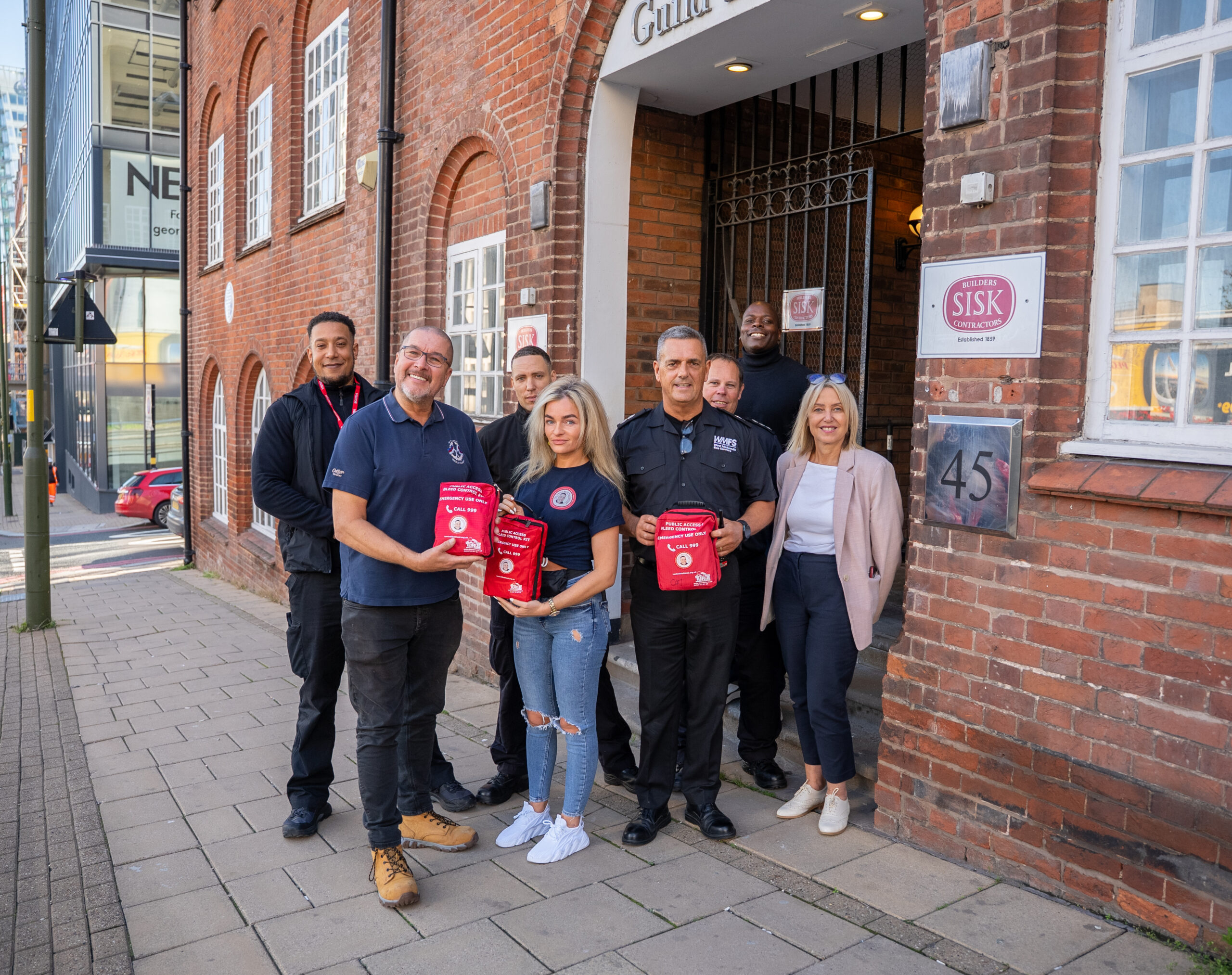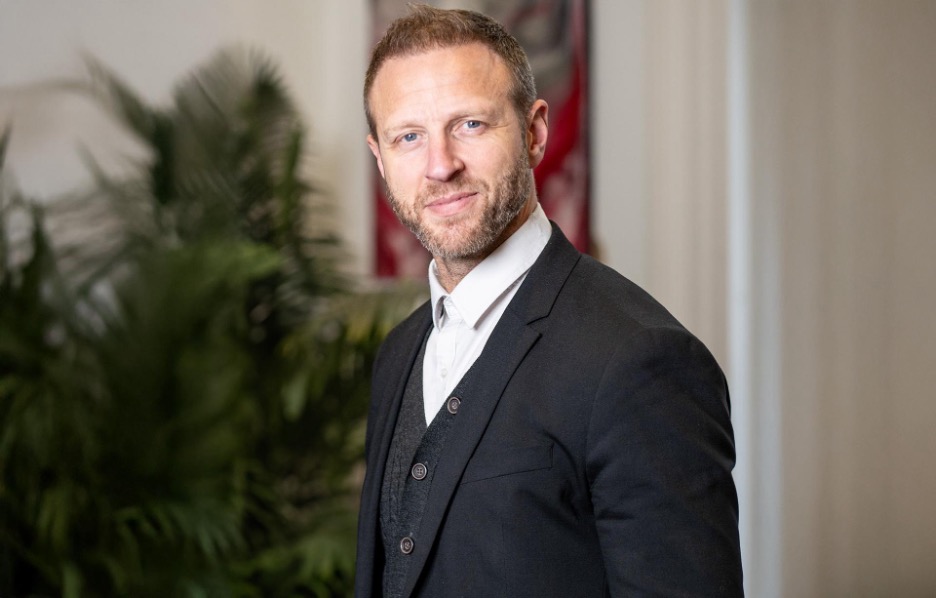What does it mean to be a responsible business?
04 February 2025
Blog by Henry Columbine – MD, Strategy & Corporate Communications at SEC Newgate
What does it mean to be a responsible business, how can companies communicate their efforts on this front without opening themselves up to criticism, and is business behaviour set to change as anti-woke sentiment in the US filters over into the UK?
These were some of the questions tackled at SEC Newgate UK and Emperor’s joint event ‘Businesses Behaving Responsibly’, held at Colmore BID’s Eighteen at 103 Colmore Row in Birmingham on 23 January.
The event centred around strategic communications and corporate affairs agency SEC Newgate’s global ESG monitor, which looks annually at what the public expects from businesses and whether companies are meeting those expectations. The findings were presented by SEC Newgate’s Head of Research, Leyla Hart-Svensson, before being discussed by a panel including Anna Bright (Chief Executive of Sustainability West Midlands), Matt Sherlock (Group ESG & Planning Analysis, National Grid) and Bayard Rezos (Senior Sustainability Consultant, Emperor), and moderated by Henry Columbine (MD and Head of Midlands, SEC Newgate).
The event came at a particularly relevant time, with the recent inauguration of Donald Trump in the US, the likes of Amazon, Meta, Walmart, McDonald’s and Target rowing back on DEI initiatives, and members of the Net Zero Asset Managers initiative in the US being probed by public officials over prioritising ‘woke investments’.
Despite this, the research highlighted that the public still has high expectations of companies when it comes to responsible behaviour – socially, environmentally and in terms of governance. 60% of the 1,036 members of the UK public surveyed expect companies to play a more active role in society and 75% say it is important for large companies to conduct their business in responsible ways. Yet only 42% agree that companies are generally behaving responsibly and doing the right thing.
There was also a clear picture of the public wanting to hear more from businesses on their efforts to be more responsible. 7 in 10 agreed that companies should communicate more clearly what they are doing to improve their performance on ESG issues. However, there was a generational split when it came to companies speaking out as an active corporate citizen. While over 70% of baby boomers felt companies should only speak publicly on social issues that are related to their business, 63% of Gen Z respondents said it was ok for companies to speak publicly on social issues that are not necessarily related to their business. This likely highlights a growing desire from consumers for companies to take a moral and ethical stance – particularly around environmental issues (66%) but also, to a lesser extent, around politics (57%).
The evident engagement of the audience, who rounded off the event with multiple questions, passionate comments, and interaction and debate with each other, highlights the importance of this topic and the levels of fear, frustration and powerlessness that many of us feel in a changing world. Steps to protect the environment and make society fairer and more accepting have for a long time been felt to be failing to get out of first gear; now, they seem to be in danger of slipping into reverse. Yet, the panel concluded that the research itself should provide hope: the public wants businesses to be more responsible, more sustainable and more ethical, providing a powerful business case for companies to make progress in these areas and – vitally – to communicate transparently and authentically about their efforts.












